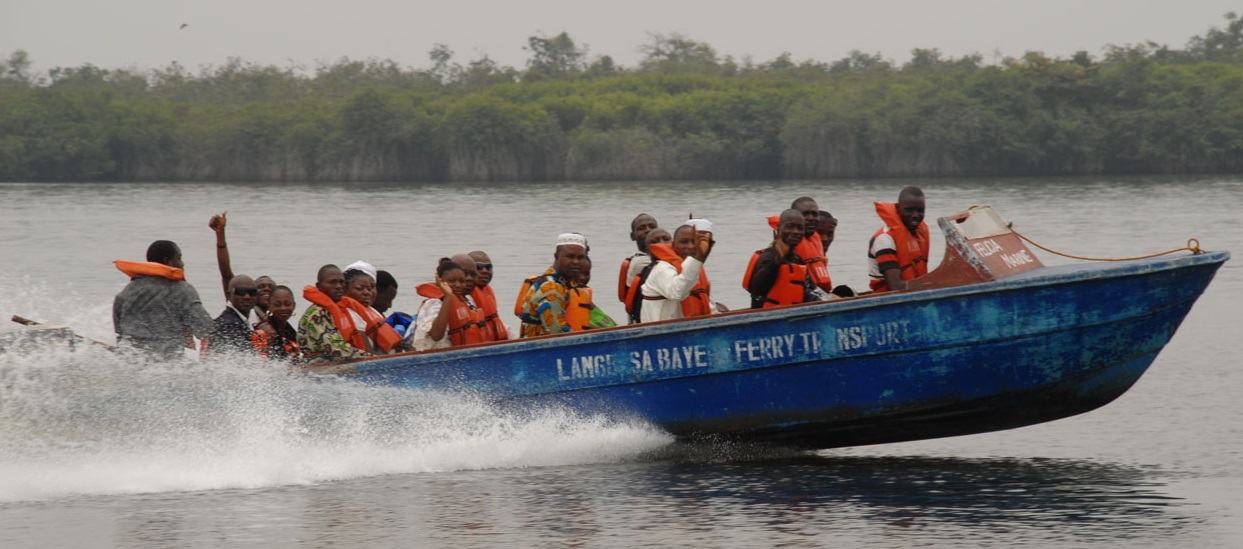The Federal Government says plans are ongoing to begin manufacturing of boats in the country in a bid to phase out rickety vessels and curb incidence of boat mishaps.
Executive Secretary of the Nigeria Shippers Council (NSC), Mr Pius Akutah, said this in an interview with Newsmen in Abuja.
Akutah said that the Ministry of Marine and Blue Economy and the Nigerian Inland Waterways Authority (NIWA) were working tirelessly to minimise the level of accidents on the inland waterways.
According to him, “the minister is looking at a new way of making boats in Nigeria so that we can phase out all these rickety wooden boats that are very easy to capsize.
“You see the kinds of boats that are being put to use on our waters are not even boats that somebody should even put on the water.
“Because we have not properly professionalised boat making in Nigeria, that is why today we are still using wooden boats.
“Other countries even smaller neighbouring countries have gone ahead to start fabricating boats and professionalising the act of fabricating boats.
“But all of these are in the master plan, the blueprint that the Minister of Marine and Blue Economy has just inaugurated recently, and plans are there to fabricate proper boats with the right specifications,” he said.
He also noted that vehicle transits parks was part of the councils mandates and it was promoting the development of critical infrastructure in the hinterlands for vehicles.
“Vehicle transit parks are one of our mandates and we are also promoting the development of inland dry ports to bring porting facilities or ports facilities closer to the shippers at their doorstep in the hinterlands.
“The Nigerian Shippers Council undertook a study which showed that most of the accidents we have on our roads today are as a result of fatigued drivers.
“Drivers driving for several hours without stopping to rest because of non-availability of parks along the way and there’s an African Charter on movement of vehicles on roads.
“It limits the time within which a driver can continuously be on the road, which is seven hours but unfortunately, you will see that that has not been implemented over the years,” he said.
He said that the development of transit paths was not only to create critical transport infrastructure, but also to avoid accidents and create an environment for security of cargoes.
He said that the vehicle transit parks would allow drivers to stop and rest in a much secured environment with other economic activities happening.













